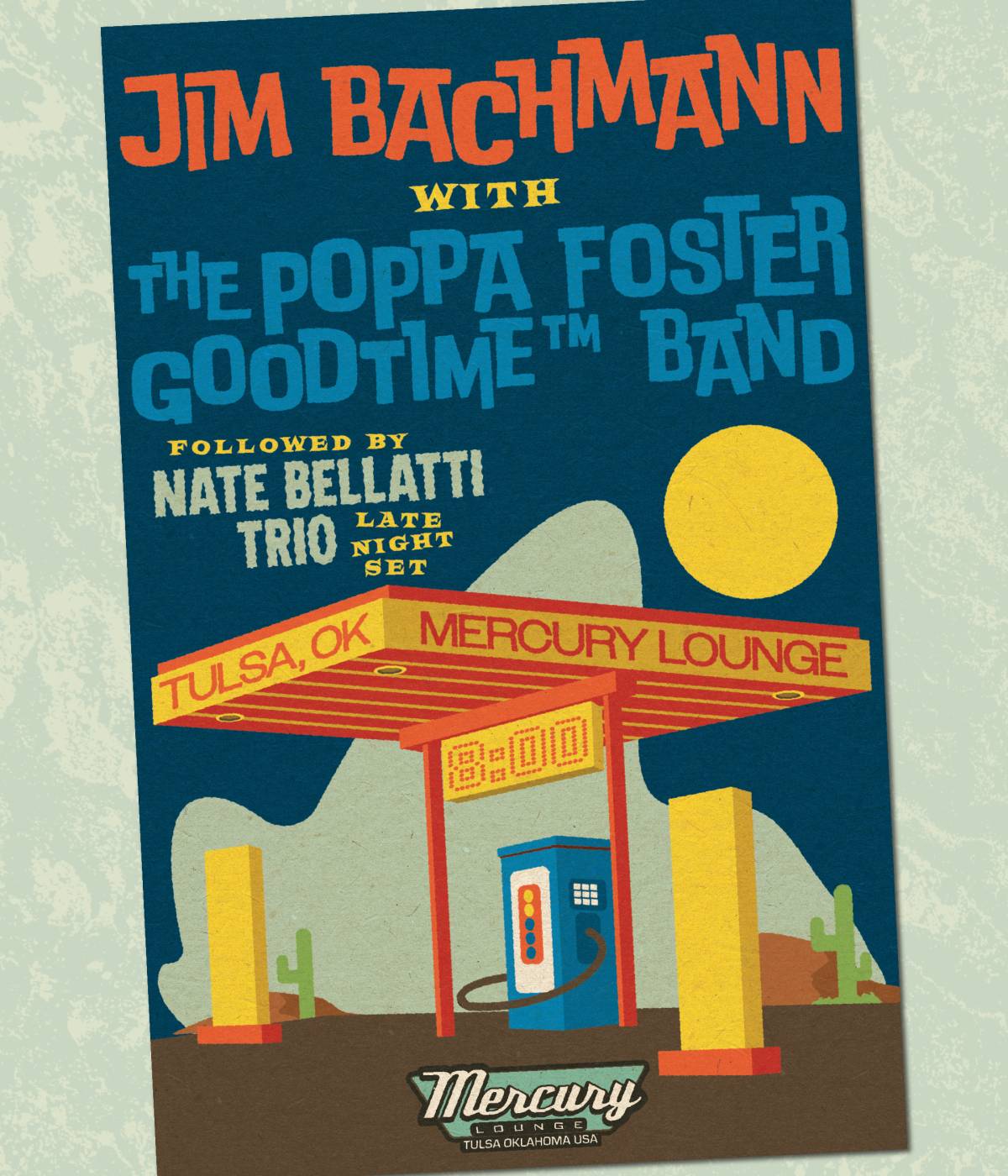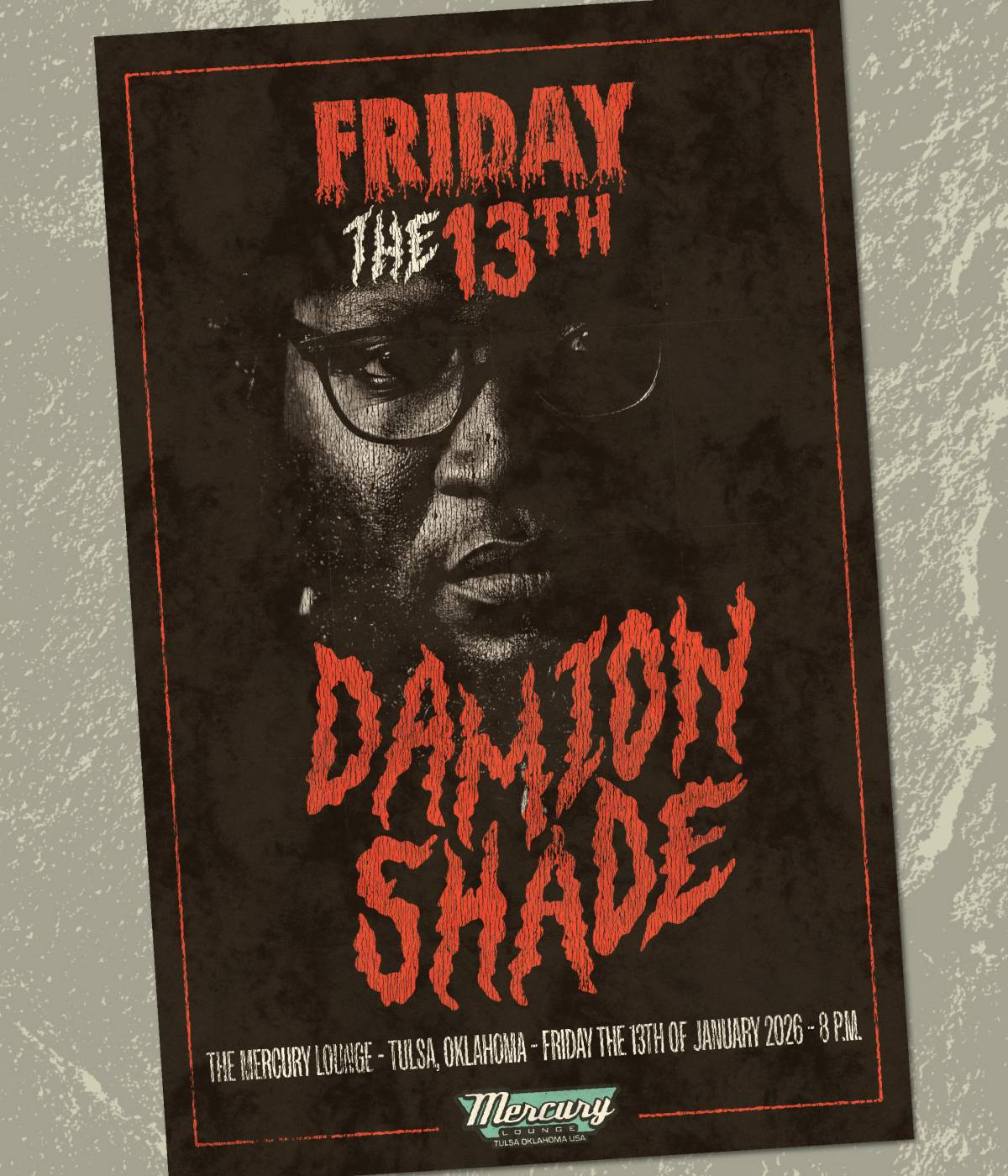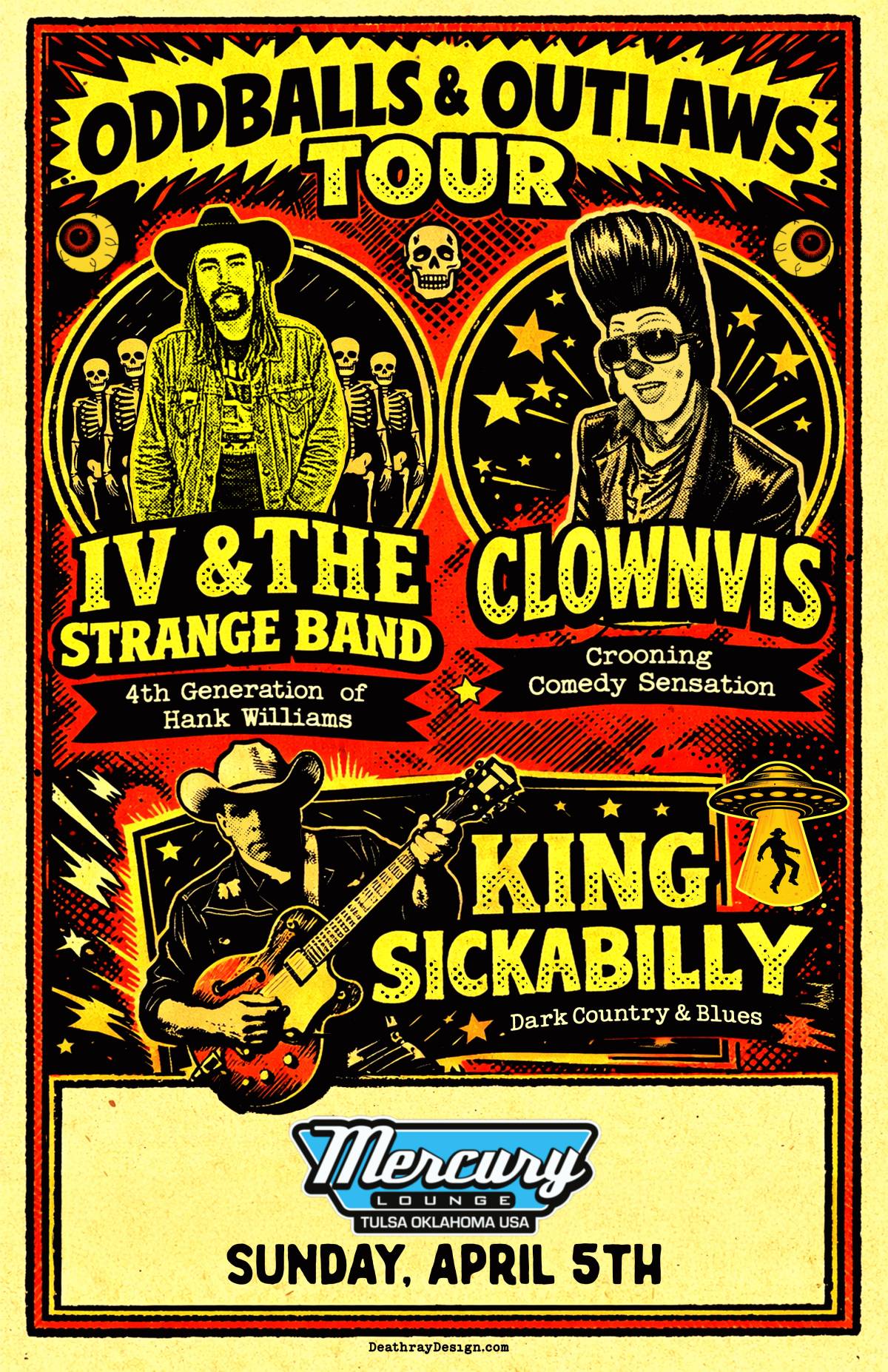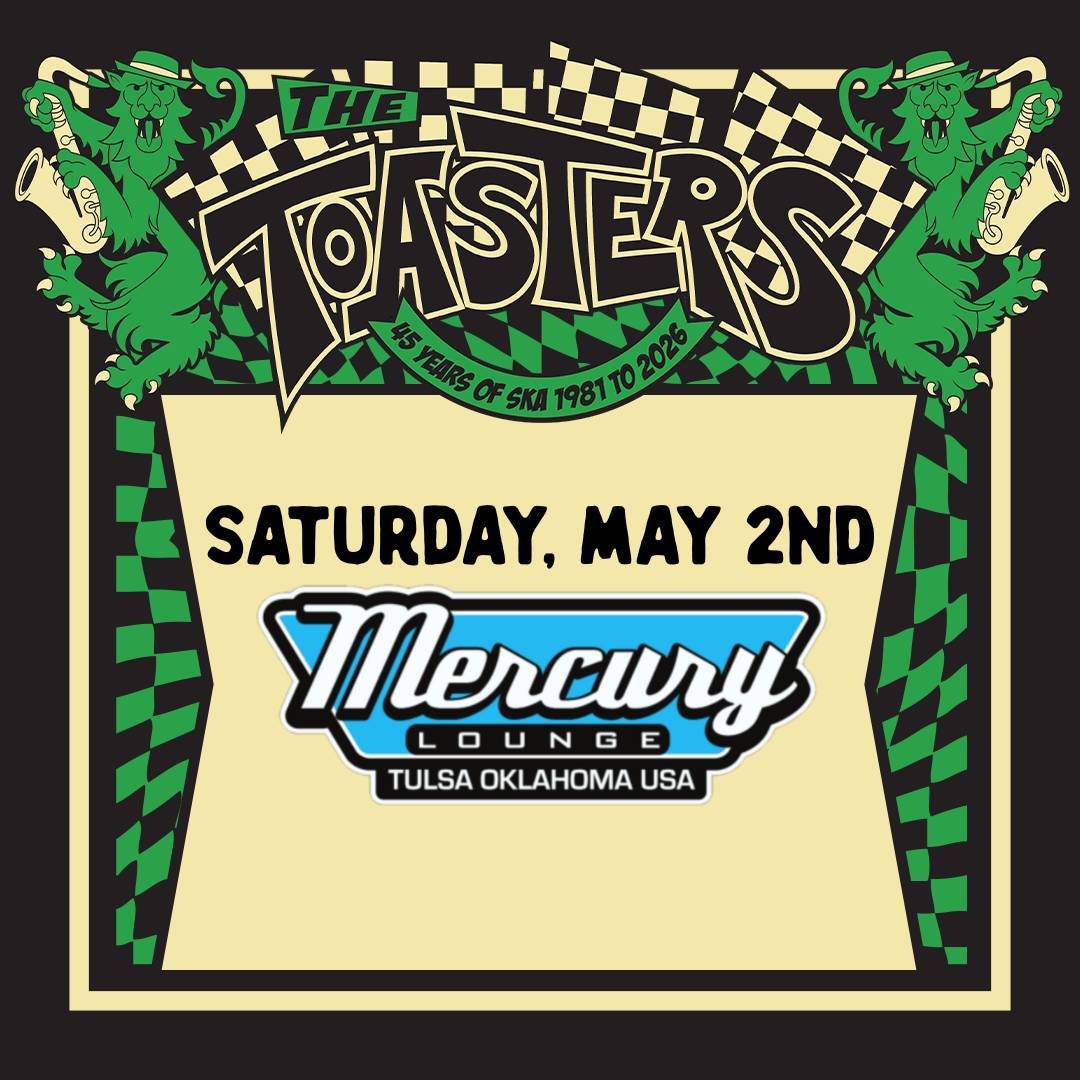There are no upcoming events in this category
Friday
February 6
5:00pm
Mercury Lounge
-
Tulsa, OK
Friday
February 6
Doors 7:00pm, Start 8:00pm
Mercury Lounge
-
Tulsa, OK
Saturday
February 7
Doors 6:00pm, Start 7:00pm
Mercury Lounge
-
Tulsa, OK
Friday
February 27
Doors 7:00pm, Start 8:00pm
Mercury Lounge
-
Tulsa, OK
Sold Out
Friday
March 13
Doors 6:00pm, Start 7:00pm
Mercury Lounge
-
Tulsa, OK
Sold Out
Friday
March 13
Doors 8:30pm, Start 9:00pm
Mercury Lounge
-
Tulsa, OK
Saturday
March 21
Doors 7:00pm, Start 8:00pm
Mercury Lounge
-
Tulsa, OK
Sunday
April 5
Doors 7:00pm, Start 8:00pm
Mercury Lounge
-
Tulsa, OK




















